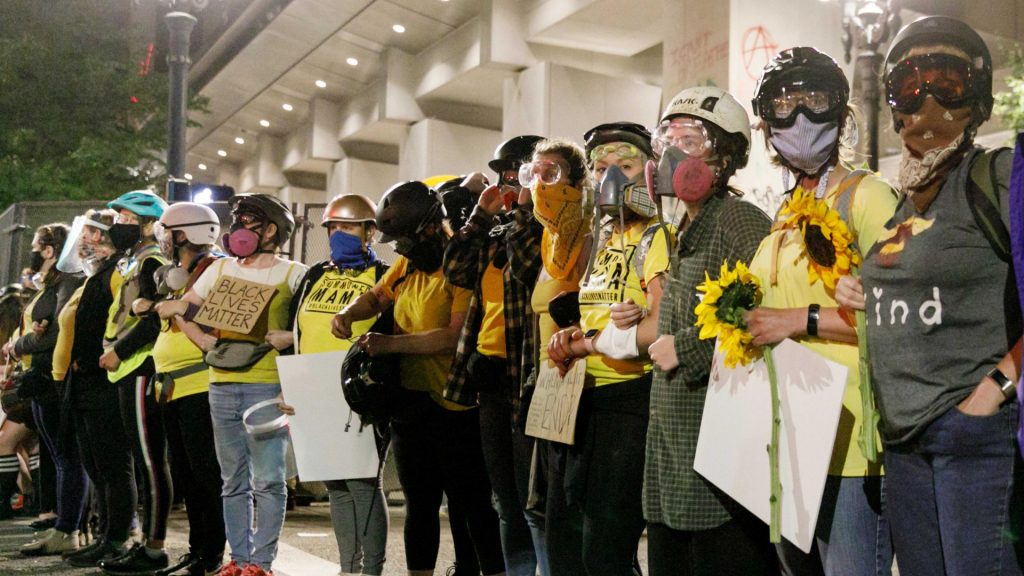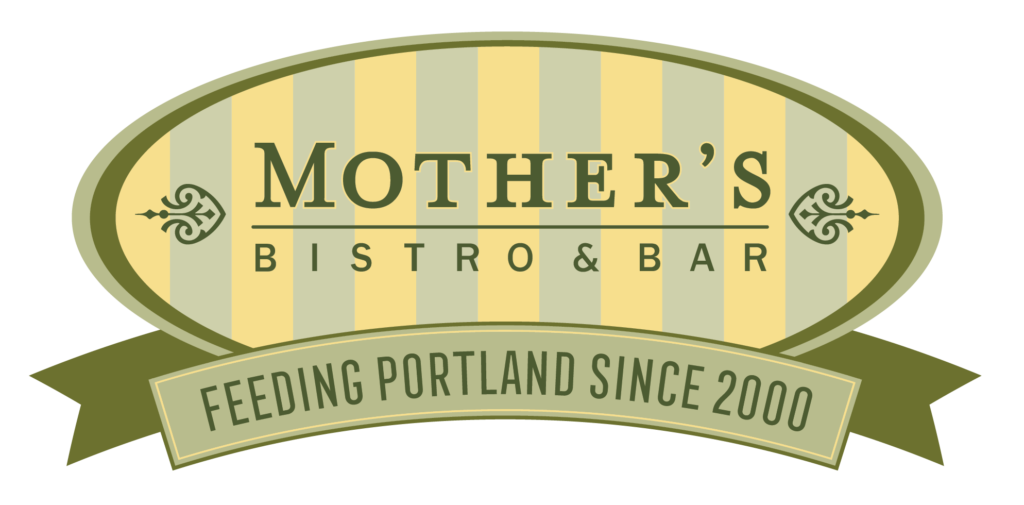Articles
In Portland, Protests Aren’t a Problem. But Covid-19 Has Made the City a No-Go Zone
Stumptown’s ongoing demonstrations and clashes with police have made business more challenging, say founders. What’s harder to reckon with? The pandemic.
By Matt Haber, San Francisco bureau chief, Inc.@Matthaber
….The real problem isn’t looting, says Lisa Schroeder, chef-owner of Mother’s Bistro & Bar, which has operated in downtown Portland since 2000. It’s the absence of people; it’s the lack of interest in the city’s downtown, which she describes as looking “bombed out,” with graffiti and boarded-up shop windows. “Businesses are not looking inviting. But this isn’t the time to be patronizing businesses,” she says. “Nobody should be going to downtown Portland.”
Her restaurant, which is about three minutes from the federal courthouse where the protests and police presence has been focused, has been boarded up since early June, after employees struggled getting to and from work. Bridges, also a scene of some protests, were often impassable. “After three days of my staff saying, ‘You know, we don’t feel comfortable coming in,’ I just shuttered my doors, because there was absolutely no reason to be open,” Schroeder says.
Schroeder tried to keep Mother’s, which at its height employed over 100 people, open for the first three months of the pandemic, offering to-go and delivery items. “I make a mean chicken soup–‘Jewish penicillin’–and I thought maybe there’ll be so many sick people it’s needed,” she says. But even that operation started to falter, she says: “We struggled along, and then in early June when the protests began, my staff could not get to work.”

